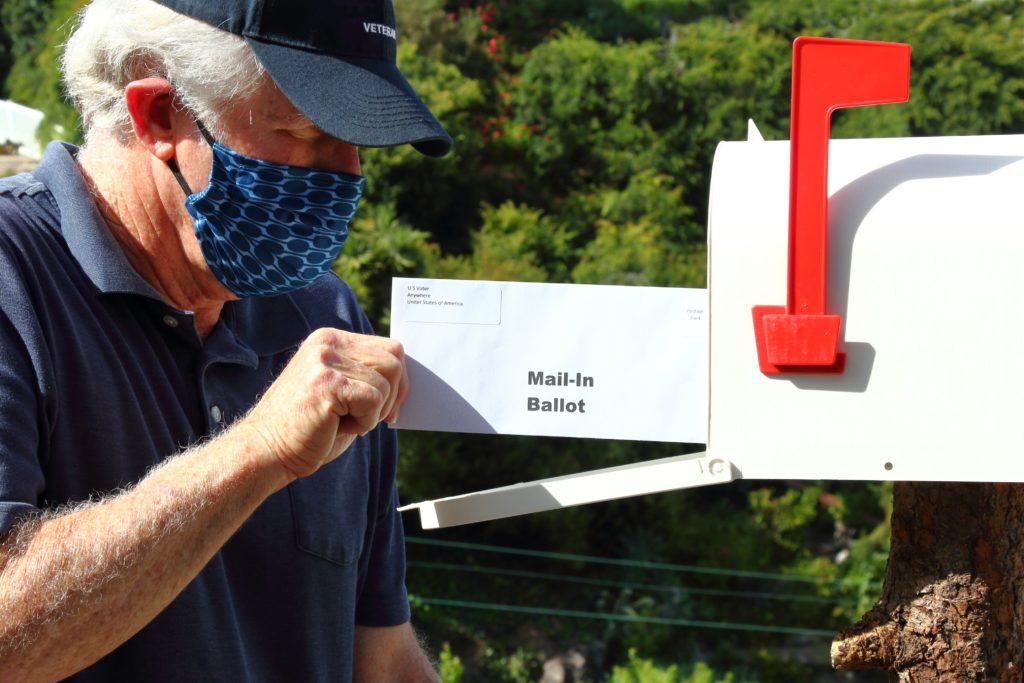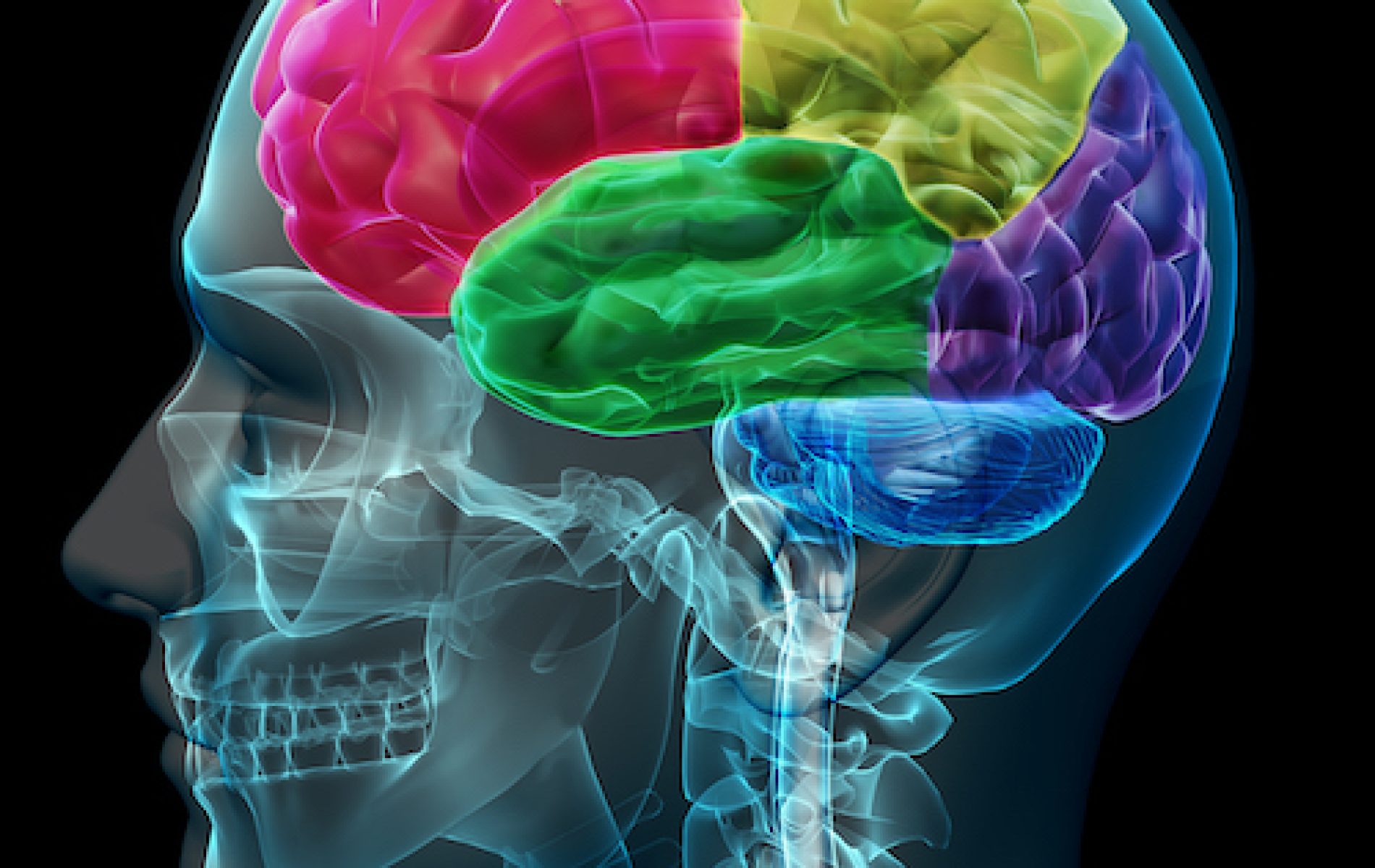
Many older Americans suffer from dementia and struggle to remember small things. Often their ability to vote is inhibited or dismissed. But having dementia doesn’t mean that a person cannot vote.
Dementia is a general term used to describe changes in brain function that impact memory, behavior and thought processes. Multiple symptoms are associated with the term. Dementia can be present due to many different causes, including diseases or disorders, injuries and other neurological problems/events. According to the United States Census Bureau, over 23 million adults have conditions that limit mental functioning.
Many people make the mistake in thinking that individuals with dementia and related mental health conditions are ineligible to vote and as a result many older citizens do not participate in elections. A sizable number of individuals with dementia are older and rely on help from others to find rides, stand in line, read a ballot, or use computerize voting machines. Because many caretakers assume these people are ineligible to vote, they don’t help to make voting happen. But are those with dementia truly ineligible?
“Capacity to Vote”
There is a general misunderstanding of the term “capacity to vote” and its relation to cognitive decline. Just because a person cannot remember the names of their family members or cannot follow a recipe does not mean that they cannot vote.
In fact, a diagnosis of cognitive impairment does not disqualify a person from voting and many people with dementia are eligible. According to the American Bar Commission on Law and Aging in conjunction with the Penn Memory Center, the primary requirement for a person to be eligible to vote is the ability to express a preference. If a person can choose a candidate among the choices, he or she is eligible to vote. A voter does not need to pass a cognitive test in order to make a choice on a ballot, nor do they need to be able to name candidates or verbally communicate political issues. People who need assistance reading or physically marking a ballot can be helped, both at polls and with mail-in ballots.

Casting a Ballot with Dementia: How to Help
It is encouraged that caretakers, including nursing home staff and family members, consider helping dementia patients to vote. If a person is registered to vote, there are (in most cases) only two guidelines to keep in mind.
The first is that the person needs to be able to express a willingness to vote. After reminding him or her that Election Day is close, ask whether he or she wants to vote. If they say no, then voting should not happen, but if they express an interest in participating in the election, they should be assisted.
The second guideline is that the voter can be assisted as with reading choices and marking them off during the voting process, but any additional information or interpretation is not permitted while actively voting. Discussions about the process and candidates are permitted prior to voting, but not while the person is making choices.
Additional Considerations
Voters are not required to complete the ballot. Tell the voters their choices and see if they choose a candidate. If they choose one, they vote. If they want to vote for president and nothing else, that is fine. Write-ins are also permitted. If a voter says they want to vote for George Washington, you write that in.
Voting is an American right. Citizens with dementia who are registered to vote are still citizens, and thus have the same right to vote as citizens without cognitive impairment.
To learn more about dementia and the brain, visit NeuroGrow.com.
This article was written by Mrs. Courtney Cosby and edited by Dr. Majid Fotuhi.



